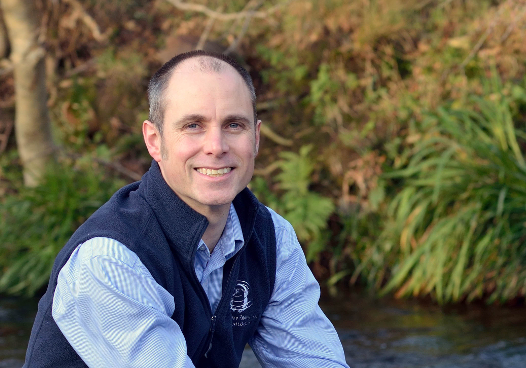
Dr Laurence Couldrick
WRT CEO
In terms of pragmatism, public goods are indeed vital to our society and economy but they cannot and should not come at the risk of blanket losses of prime agriculturally productive land. We need water quality, flood risk, natural habitats and carbon storage but we also need food and energy. That’s not to say this vision will see a substantial reduction in food as modern technology, plant breeding and management means we continue to get more yield from less input. The risk is we pit agriculture against the environment isolating the two. This increases the perceived conflict and if there are food pressures in the future the environment will likely be the first thing to give. However, in reality the two are not, and should never be, seen in isolation. Most farmers and landowners know this and they also know how they can adapt their business to balance both. They can do this through their own local knowledge of the farm land as well as local knowledge of the downstream goods they generate. This is where real leadership is needed to ensure the vision is delivered at the farm gate, not because it is just the most financially beneficial route but because everyone involved knows it is the right route and one of enlightened societal interest.
If Michael Gove can match the ambition of this vision with the persistence and pragmatism needed to embed it in the long-term mindset of the stewards of our land we could truly be at a turning point.

